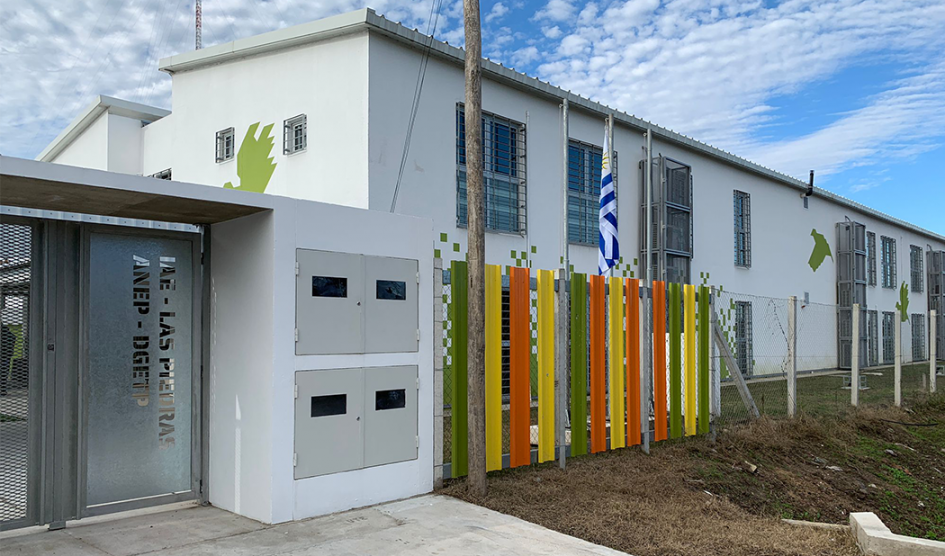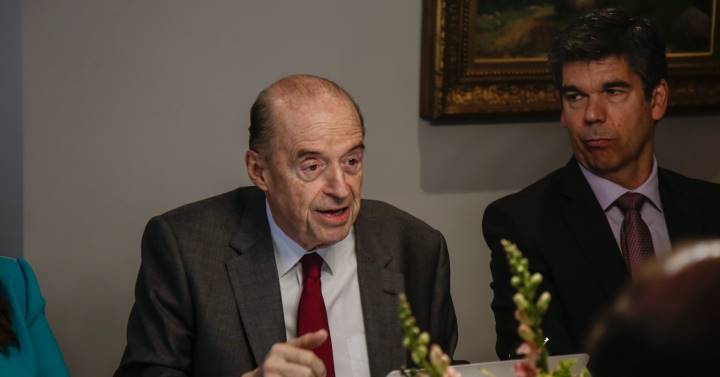The General Directorate of Technical-Professional Education (UTU) presented the Baccalaureate in Electric Mobility, an option that offers students a curricular program on hybrid and electric motors. The course will be given in dual modality, both at the High Specialization Institute (IAE) and at companies in the field. “All together looking at the future”, affirmed the president of ANEP, Robert Silva.
In the presentation, on Tuesday 2, at the IAE in Las Piedras, Silva was accompanied by the general director of UTU, Juan Pereyra. Also present were departmental authorities and businessmen from the automotive industry.
The Baccalaureate in Electric Mobility presented by UTU is a unique educational option in the country that offers students the latest knowledge dictated by experts and that will allow them to work with hybrid engines, that is, electric and combustion engines, and with only electric engines.
In addition, it is expected that it will facilitate job placement, since graduates will be able to remain in the company where they have completed their training or will receive qualification of the experience in that place. This is possible thanks to a dual modality, which combines study and work, in the same offer.
The course was designed as part of the curricular transformation process developed by the National Administration of Public Education (ANEP), explained Pereyra, in dialogue with the Presidential Communication. He added that it is a professional baccalaureate, specialized in a new technology, such as electric mobility.
It is designed for a duration of two semesters; the first, in person at the IAE center, and the second, with work in companies in the field.
Pereyra reported that in order to enroll, it is required to have passed the second year of Professional Secondary Education, Automotive Mechanics option. However, only this year students who have completed the Technological Baccalaureate in Automotive will be able to do it, under the specialization modality. The lack of training in new technologies was one of the reasons that motivated its implementation, according to the director of UTU, in the event’s oratory.
The president of the National Administration of Public Education (ANEP), meanwhile, affirmed that this baccalaureate allows educational continuity for vocational training students, as well as meeting a demand from the productive sector. Silva considered that there is a need for public education to generate articulated job opportunities with the private sector.
He added that decisions in the short and medium term allow today to adapt the training proposal of public education in Uruguay, provide opportunities and meet the demands of the electric mobility sector.
In this sense, he stressed that public education is responsible for these processes of transformation and change, not only with respect to curricular content, but also with respect to methodologies and forms of learning.
The presentation culminated with a performance by the UTU Institutional Orchestra.







